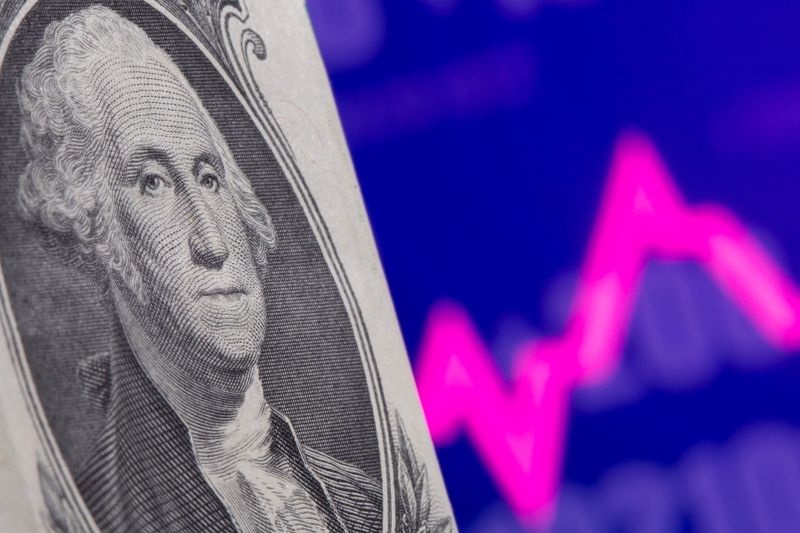By Ambar Warrick
Investing.com -- Most Asian currencies rose on Monday, while the dollar tumbled to near three-week lows as a potential banking crisis in the U.S. saw markets drastically alter their expectations for more interest rate hikes by the Federal Reserve this year.
Most regional currencies also sharply reversed losses from last week, with China’s yuan up 0.3% as it moved further away from the key 7 level. Sentiment towards China was boosted by the government retaining its key financial officials, as well as promises of more supportive measures for the economy from top officials.
The offshore yuan jumped 0.8%.
Other Asian currencies also advanced, with South Korea’s won leading gains across the region with a 1.4% bounce. The Japanese yen jumped 0.6%, while the Malaysian ringgit led gains across Southeast Asia with a 0.8% rise.
The Indian rupee lagged its peers, keeping to a small range ahead of key consumer price index inflation (CPI) data due later in the day. Price pressures are expected to have increased in February from the prior month.
On the other hand, the dollar fell sharply against a basket of currencies, with the dollar index and dollar index futures falling 0.7% and 0.6%, respectively. Both instruments were also close to three-week lows.
Inversion in the U.S. yield curve also lessened after the Fed loosened some borrowing measures for banks over the weekend, after the failure of Silicon Valley Bank (NASDAQ:SIVB). The central bank said it will have an emergency meeting later on Monday.
Fed Funds futures prices showed that investors were now pricing in a greater chance of a 25 basis point (bps) hike by the Fed next week, down from earlier expectations for a 50 bps hike.
SVB’s failure highlights the deepening economic cracks caused by a sharp increase in U.S. interest rates, after the Fed embarked on its most aggressive tightening spree in 50 years.
But markets are now betting that the Fed will soften its hawkish rhetoric to avoid further pressure on the banking system. Goldman Sachs analysts said they no longer expect the Fed to hike rates when it meets on March 22, and that the outlook for future rate hikes was now uncertain.
Analysts at ING said that turmoil in the U.S. banking sector greatly reduced the chance of a 50 bps hike next week, but that a 25 bps raise may still be on the cards.
The U.S. rate hike outlook was also dented by data last week that showed some easing in wage growth. Focus this week is on a CPI reading for February.
